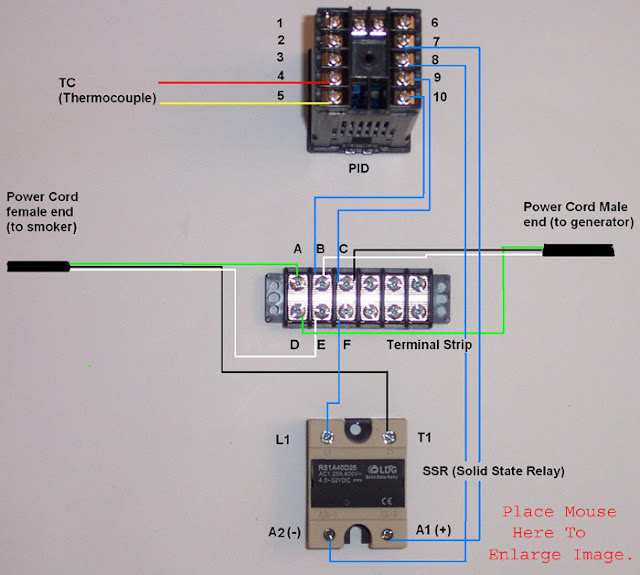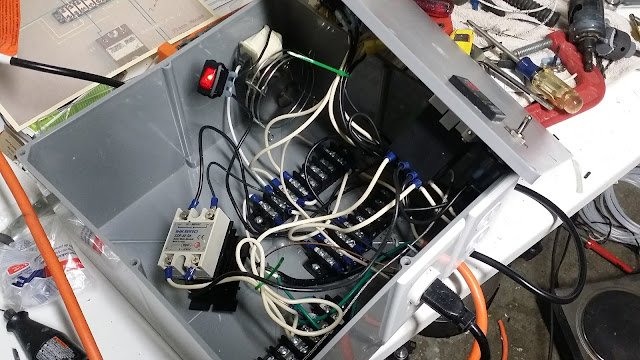Hi all,
i took the leap and decided to build a rims tube for mashing and heating mash water but i think i may be in a bit over my head.
After ordering a few parts from amazon i read a bit more and realized i may have made a mistake.
I wasnt aware there were different kinds of pid's (rnr/snr) and ssr's. (va/da)
After a bit of reading i think i've determined that what i got may not be compatible and am looking for a bit of conformation.
The pid is a mypin t series rnr
the ssr is a 40a da
Here's what i ordered
http://www.amazon.com/gp/product/B007JWIDCE/?tag=skimlinks_replacement-20
and
http://www.amazon.com/gp/product/B00E1LC1VK/?tag=skimlinks_replacement-20
any and all input appreciated.
Thanks
i took the leap and decided to build a rims tube for mashing and heating mash water but i think i may be in a bit over my head.
After ordering a few parts from amazon i read a bit more and realized i may have made a mistake.
I wasnt aware there were different kinds of pid's (rnr/snr) and ssr's. (va/da)
After a bit of reading i think i've determined that what i got may not be compatible and am looking for a bit of conformation.
The pid is a mypin t series rnr
the ssr is a 40a da
Here's what i ordered
http://www.amazon.com/gp/product/B007JWIDCE/?tag=skimlinks_replacement-20
and
http://www.amazon.com/gp/product/B00E1LC1VK/?tag=skimlinks_replacement-20
any and all input appreciated.
Thanks
Last edited by a moderator:





